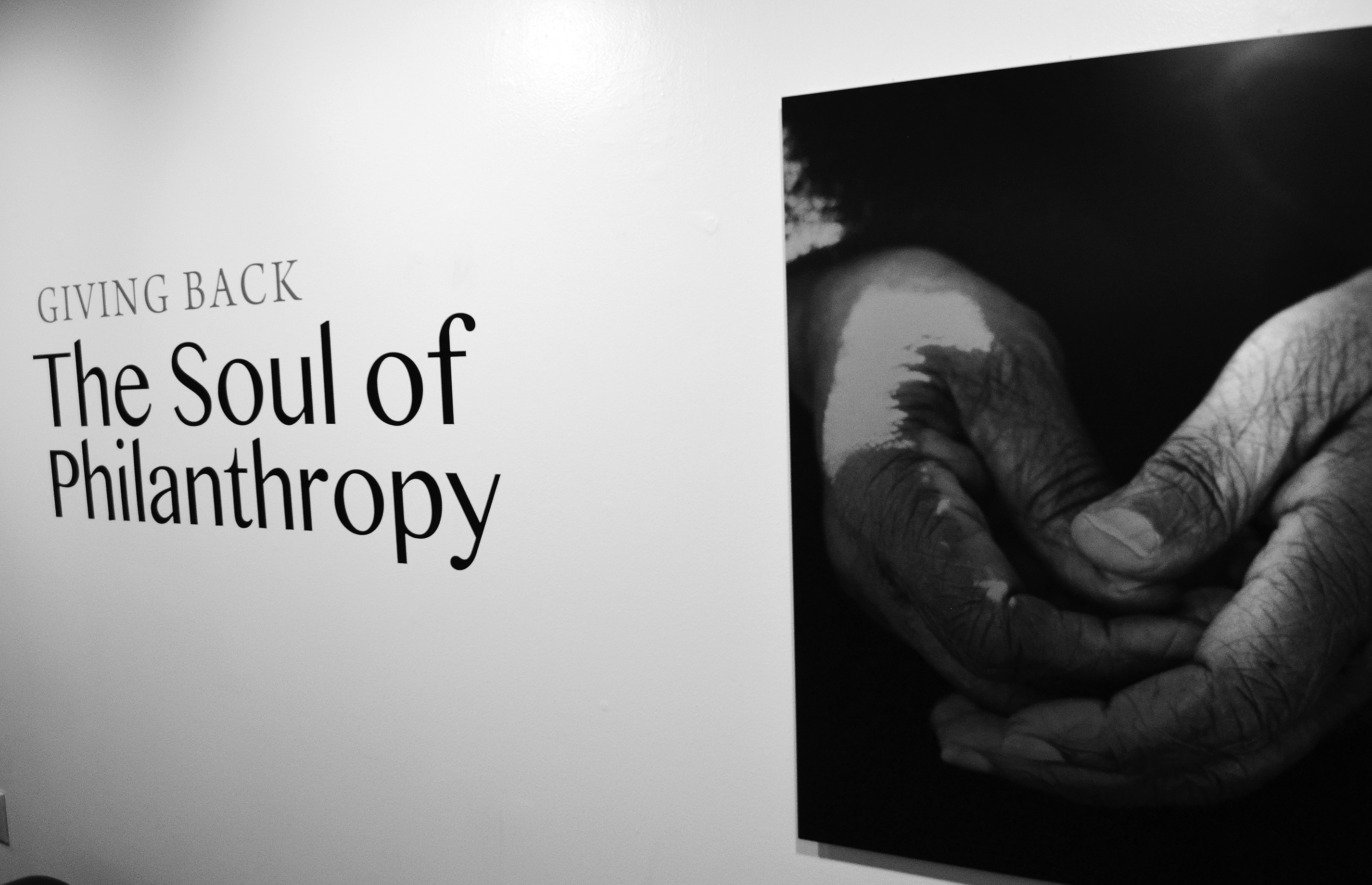Aaliyah Singleton| Staff Writer
When G.O.O.D. Music Makes For Bad Business
As if Kanye West’s Yeezus tour hasn’t already caused enough controversy with the on-stage appearance of his special guest, White Jesus, West turned things up a few more notches with his insistence on selling newly merchandised items, with of all things, the Confederate flag plastered on them.
The symbolism of the Confederate flag has been a touchy subject since the end of the Civil War, with White Southerners arguing that it is as reminder of the rebellious and tenacious sprit of the South. However, within the black community the flag is seen more prominently as a representation of an enemy government that sought to continue the “peculiar institution” of slavery for all eternity. Though West hasn’t said anything regarding the controversial merchandise, speculations as to why he decided on using the flag on his concert paraphernalia are credited to his “creative genius.”
To be frank, there is nothing cool or genius about the Confederate flag, nor is there anything to gain from the controversy surrounding such an emblematic symbol other than division and hate. It is undeniable that Southerners have much to be proud of, however that flag is not one of them. Southern pride should not be associated with a flag that represents racist and supremacist ideology.
The Constitution by which the Confederate States of America were governed is essentially a carbon copy of the U.S. Constitution. A primary difference between the two is its inclusion of clauses concerned with States’ rights, as well as the rights of slave owners. These rights were made much more clearly, and extended to greater extents than in the U.S. Constitution. By clearly defining these two arenas of governing, the Confederacy was able to alleviate the main issues it had with the U.S. government, its limits on states’ rights and continued anti-slavery debate from the North.
Though slavery was not a key cause of the Civil War, it took on a larger role as the war progressed. Alexander H. Stephens, the Vice President of the Confederate States from Georgia said of the Confederacy, “its foundations are laid, its cornerstone rests, upon the great truth that the negro is not equal to the white man; that slavery, subordination to the superior race, is his natural and moral condition.”
This same Confederate government orchestrated the almost complete fracturing of a nation. It turned family against family, brother against brother and brutishly enacted the bloodiest and second war on American soil since the founding of this nation. More than 750,000 people were killed, one-third in battle and the remaining from disease. What’s worse is the area of the country that was by far the most decimated by the war is also the same region that holds on to it’s flag as if their side had won. Though one can argue that it is fine to remember the individual soldiers who fought and died in the Civil War, one must also remember that the ideology that the Confederate government professed was wrong. For this reason, having Southern pride is not to be equated to representing the Confederacy.
Because of the history associated with the flag, there are many people who believe West is attempting to change the way that the flag is precieved, to take back the flag of hate and turn it into something else more positive. Though this sounds noble, and some might even argue that it has worked in other facets and arenas, taking something as iconic as the Confederate flag and trying to turn it into a bashion of hope and peace is an ambitious feat. Consider use of the n-word, there isn’t even solidarity on that issue.
Many argue that by adding the “-ga” ending to the word it becomes empowering, while others argue that it is just as divisive as the original word with the “-er” ending. Thus, it remains unclear if African-Americans have taken back the dehumanizing term or if it has simply been propelled to much grander heights. Practically anyone can use that word as a term of endearment with the same conviction as if they were simply saying, “dude” or “brutha.” No regard is given to its historical background. The same must be said in this flag-merchandising situation. Where is the pragmatism, the real world consequences of such a stunt?
During the past five years, the United States has seen the re-emergence of various hate groups, especially in the wake of the election of President Obama. According to a report from March 2012 published by the Southern Poverty Law Center, in the last 13 years, there has been a sharp increase in the number of hate groups and anti-government organizations with more than 500 of them using some variation of the Confederate flag. The report goes on to cite these elevated levels to “antagonism toward President Obama, resentment toward changing racial demographics and the economic rift between rich and poor.” Given the already hostile environment within the United States, how does it help to use a symbol of known rebellion, a symbol of the backward, disgusting beliefs of the Antebellum South for concert paraphernalia? At the end of the day, just as the n-word can’t escape it’s legacy neither can the Confederate flag. Figuratively speaking, it’s a marked man.
Despite West’s efforts, taking back the “flag of the South” is a task that will not be easily attained. Unlike reversing a social stigma or trend, reversing something so culturally endearing or as divisive is a task much, much harder in that it not only asks for a change in mind frame but also a change in the way that many Southerners view the past and how they justify the thoughts, moods and actions of their ancestors—something some people still can’t come to terms with even today.
To be clear, we still don’t know why West insists on using such a volatile image as the Confederate flag on his concert merchandise. However, what is clear is that there is one place that the Confederate flag must be forever displayed: in an exhibit at your local history museum. If nothing else, we must remember this flag, this enemy of sorts in proper context; we must note the dangers of hatred and greed, and just how close our country came to total ruin all over the issue of slavery.



